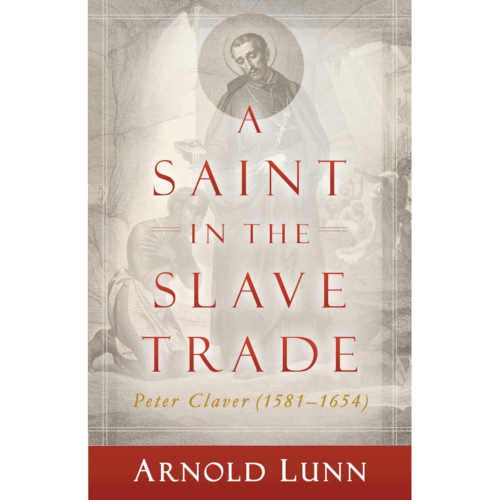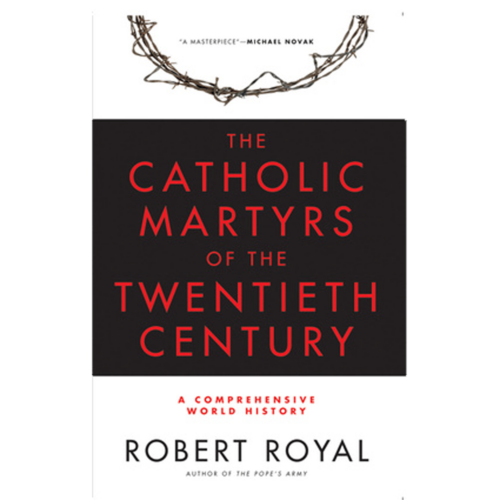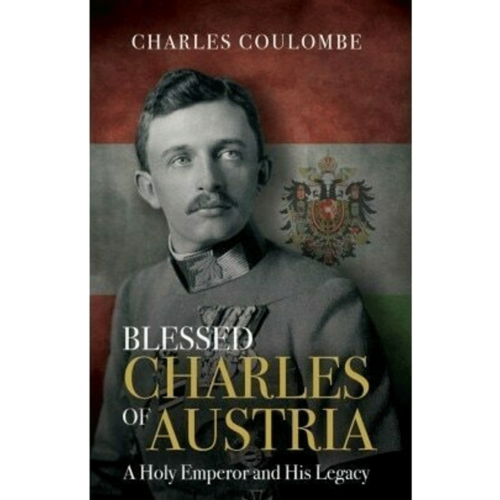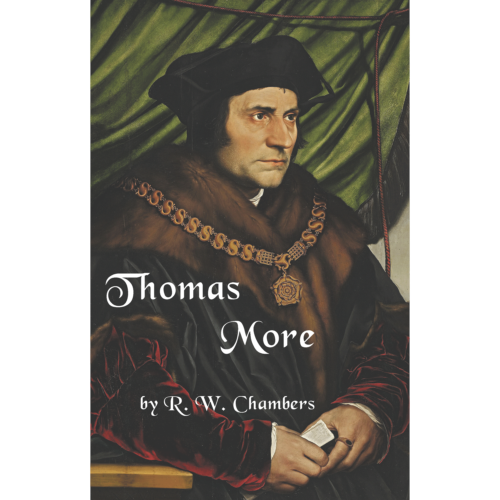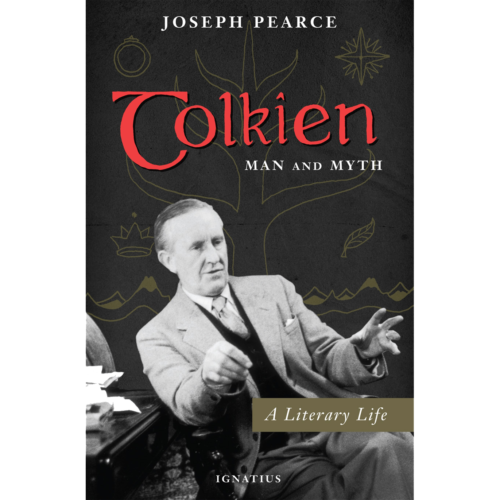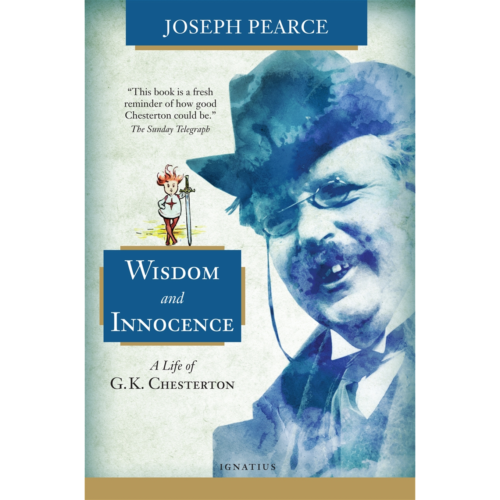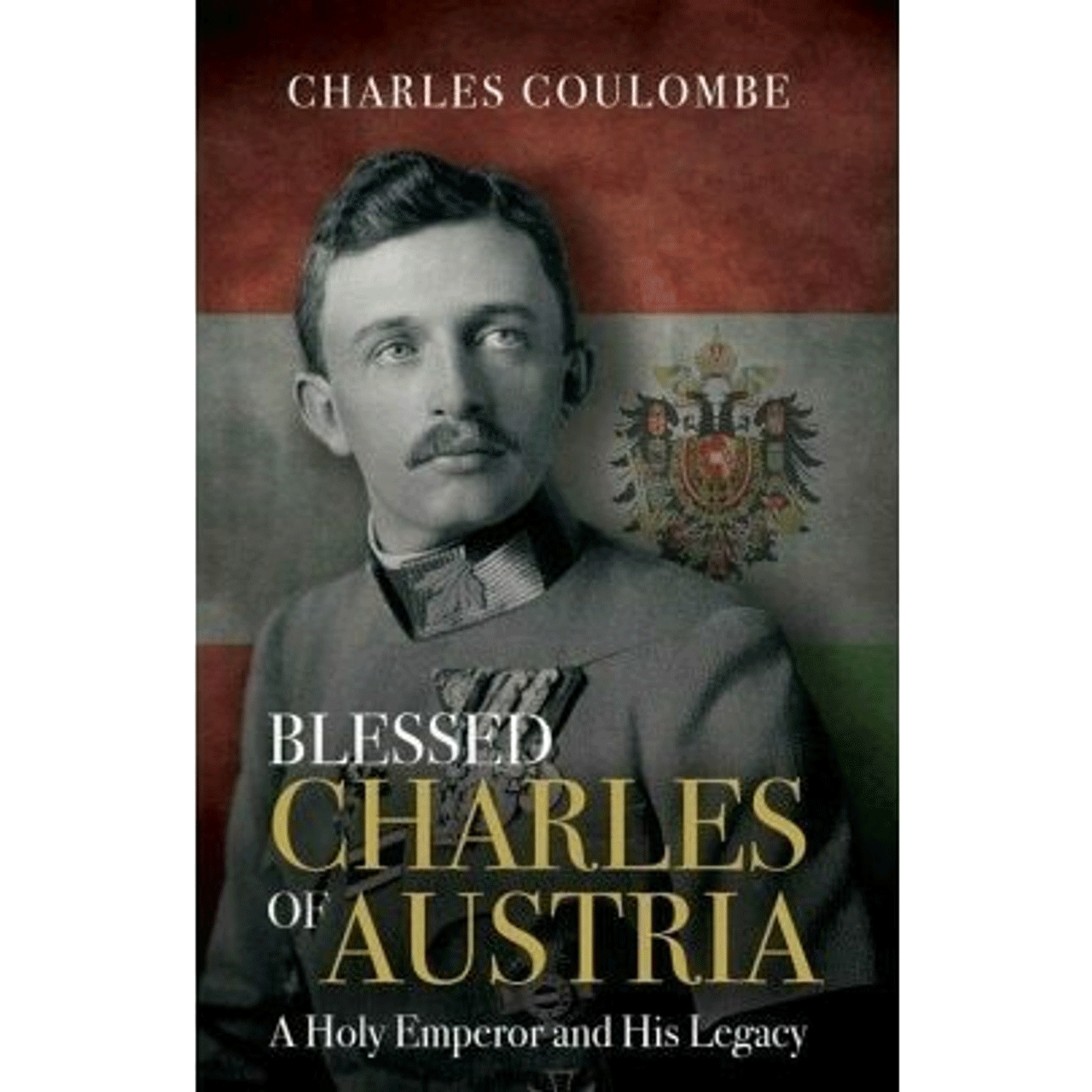At the evening meal in the refectory, the monks have just finished reading A Saint in the Slave Trade: Peter Claver (1581–1684) by Arnold Lunn, originally published in 1935 and reprinted in 2021.
Reflecting on humanistic outrages from Roman times to recent years, A Saint in the Slave Trade offers philosophical and spiritual insights on how the power of Christian charity revolutionizes and liberates souls in the direst situations.
Captured and separated from all he loved, fettered down in a ship amid relentless waves and disease, Peter Claver lived at the mercy of his captors. Water and food were scarce, prisoners were tortured and tormented, and the heat and decrepitude were intolerable. Many succumbed to death, while others committed suicide or were killed.
This is the desperate situation into which St. Peter Claver (1581–1684) voluntarily entered. Author Arnold Lunn reflects that St. Peter, a learned and gifted priest, became the “slave of the slaves” in order to become a father to the fatherless. He lived in the slave ships of the West Indies to care for the sick and bring the gospel and the sacraments to the hopeless.
In A Saint in the Slave Trade, Lunn reveals how, from the early days of Christianity, the Church has worked to uphold the dignity, rights, and freedom of slaves and that many of the same struggles to overcome injustice and affirm the value of human life are apparent today.
“Reading will always accompany the meals of the brethren. The reader should not be the one who just happens to pick up the book, but someone who will read for a whole week, beginning on Sunday. Let there be complete silence. No whispering, no speaking–only the reader’s voice should be heard there.” – The Rule of St. Benedict, chapter 38
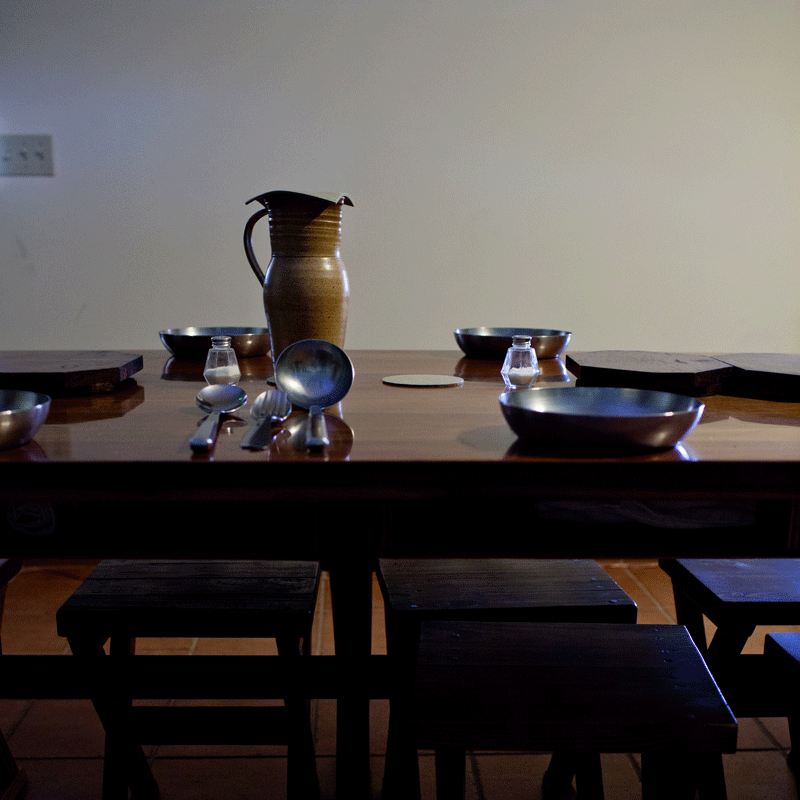
Other books previously read by the monks:
At the evening meal in the refectory, the monks have just finished reading A Saint in the Slave Trade: Peter Claver (1581–1684) by Arnold Lunn, originally published in 1935 and reprinted in 2021.
Reflecting on humanistic outrages from Roman times to recent years, A Saint in the Slave Trade offers philosophical and spiritual insights on how the power of Christian charity revolutionizes and liberates souls in the direst situations.
Captured and separated from all he loved, fettered down in a ship amid relentless waves and disease, Peter Claver lived at the mercy of his captors. Water and food were scarce, prisoners were tortured and tormented, and the heat and decrepitude were intolerable. Many succumbed to death, while others committed suicide or were killed.
This is the desperate situation into which St. Peter Claver (1581–1684) voluntarily entered. Author Arnold Lunn reflects that St. Peter, a learned and gifted priest, became the “slave of the slaves” in order to become a father to the fatherless. He lived in the slave ships of the West Indies to care for the sick and bring the gospel and the sacraments to the hopeless.
In A Saint in the Slave Trade, Lunn reveals how, from the early days of Christianity, the Church has worked to uphold the dignity, rights, and freedom of slaves and that many of the same struggles to overcome injustice and affirm the value of human life are apparent today.
“Reading will always accompany the meals of the brethren. The reader should not be the one who just happens to pick up the book, but someone who will read for a whole week, beginning on Sunday. Let there be complete silence. No whispering, no speaking–only the reader’s voice should be heard there.” – The Rule of St. Benedict, chapter 38



